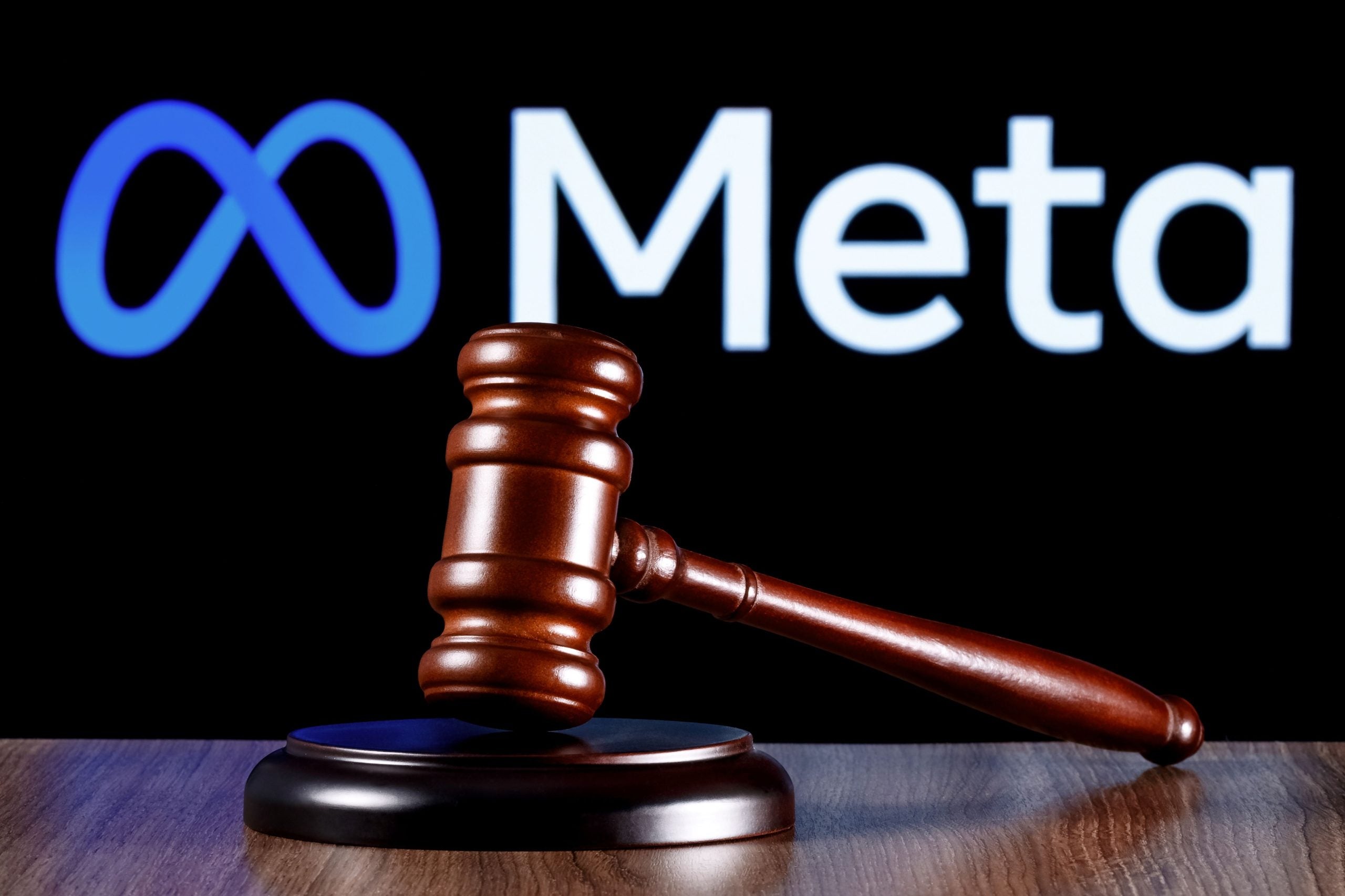
Facebook and Instagram users in Europe who value their privacy are facing a hefty price tag, according to a complaint filed with the Austrian data protection authority against Meta by the non-profit organisation, the European Center for Digital Rights (NOYB).
The filing alleges that, since November 2023, users who wish to opt out of targeted advertising must pay a ‘privacy fee’ of up to €251.88 per year.
NOYB claims this practice directly contradicts the EU’s General Data Protection Regulation (GDPR), which guarantees a “right to withdraw consent at any time” and stipulates that doing so should be “as easy as giving it.”
If the complaint is upheld, it would represent the largest penalty since the creation of the GDPR, which has kept the EU busy over the past half-decade.
In 2021, Amazon was fined around $750m by Luxembourg authorities after it violated the GDPR.
“The law is clear,” said Massimiliano Gelmi, data protection lawyer at NOYB. “Withdrawing consent must be as easy as giving it in the first place. It’s painfully obvious that paying €251.88 a year to withdraw consent is not nearly as easy as clicking an ‘Okay’ button to accept the tracking.”
How well do you really know your competitors?
Access the most comprehensive Company Profiles on the market, powered by GlobalData. Save hours of research. Gain competitive edge.

Thank you!
Your download email will arrive shortly
Not ready to buy yet? Download a free sample
We are confident about the unique quality of our Company Profiles. However, we want you to make the most beneficial decision for your business, so we offer a free sample that you can download by submitting the below form
By GlobalDataThis complaint marks the latest chapter in Meta’s ongoing battle with European privacy laws. Just six months ago, the European Court of Justice ruled that the company’s handling of user data was illegal and Meta received a record $1.3bn fine.
Beyond the initial consent barrier, NOYB also highlights the issue of withdrawal difficulty. Currently, the only way to “withdraw” the one-click consent involves navigating a complicated process and ultimately subscribing to the €251.88 premium plan.
“Expensive withdrawal of consent isn’t the only issue,” according to NOYB. “Users who have already consented are forced to jump through hoops just to opt out of tracking. This is a clear violation of GDPR.”
The European Data Protection Board (EDPB) explicitly states in its guidelines that monetary costs like those imposed by Meta constitute an unfair burden and undermine the “as easy as” principle of Article 7 within the GDPR.
With the complaint filed in Austria, NOYB seeks to compel Meta to implement a user-friendly, free-of-charge opt-out mechanism for data tracking. Additionally, the organisation suggests authorities impose fines to deter further GDPR violations.
The case is likely to be forwarded to the Irish Data Protection Commission, Meta’s lead regulator within the EU.
GlobalData’s Thematic Intelligence: Social Media report states that social media companies will increasingly diversify away from their ad-funded business model in the face of increased regulatory scrutiny.
In 2023, Alphabet, Amazon, ByteDance, and Meta were fined a combined $7.7bn for breaching data privacy laws over their ad-targeting practices. Regulators have also accused them of monopolistic behaviour around access to personal data.
In 2023, Alphabet, ByteDance, Meta, and Microsoft were classified as “gatekeepers” under the EU’s latest antitrust legislation, the DSA.
GlobalData senior analyst Amelia Connor-Afflick said, “Meta is being forced to change its business model in the face of regulatory scrutiny. The EU is leading in imposing new regulations targeting the use of personal data to generate revenue.
“While NOYB has accused Meta of circumventing General Data Protection Regulation (GDPR) standards by introducing a paid subscription, it is indicative of the company’s wider response to a crackdown on the use of personal data in the digital ads industry.
“More paid subscription models will likely be launched by social media companies, alongside other means of generating revenue, in the face of regulation.”
Our signals coverage is powered by GlobalData’s Thematic Engine, which tags millions of data items across six alternative datasets — patents, jobs, deals, company filings, social media mentions and news — to themes, sectors and companies. These signals enhance our predictive capabilities, helping us to identify the most disruptive threats across each of the sectors we cover and the companies best placed to succeed.





